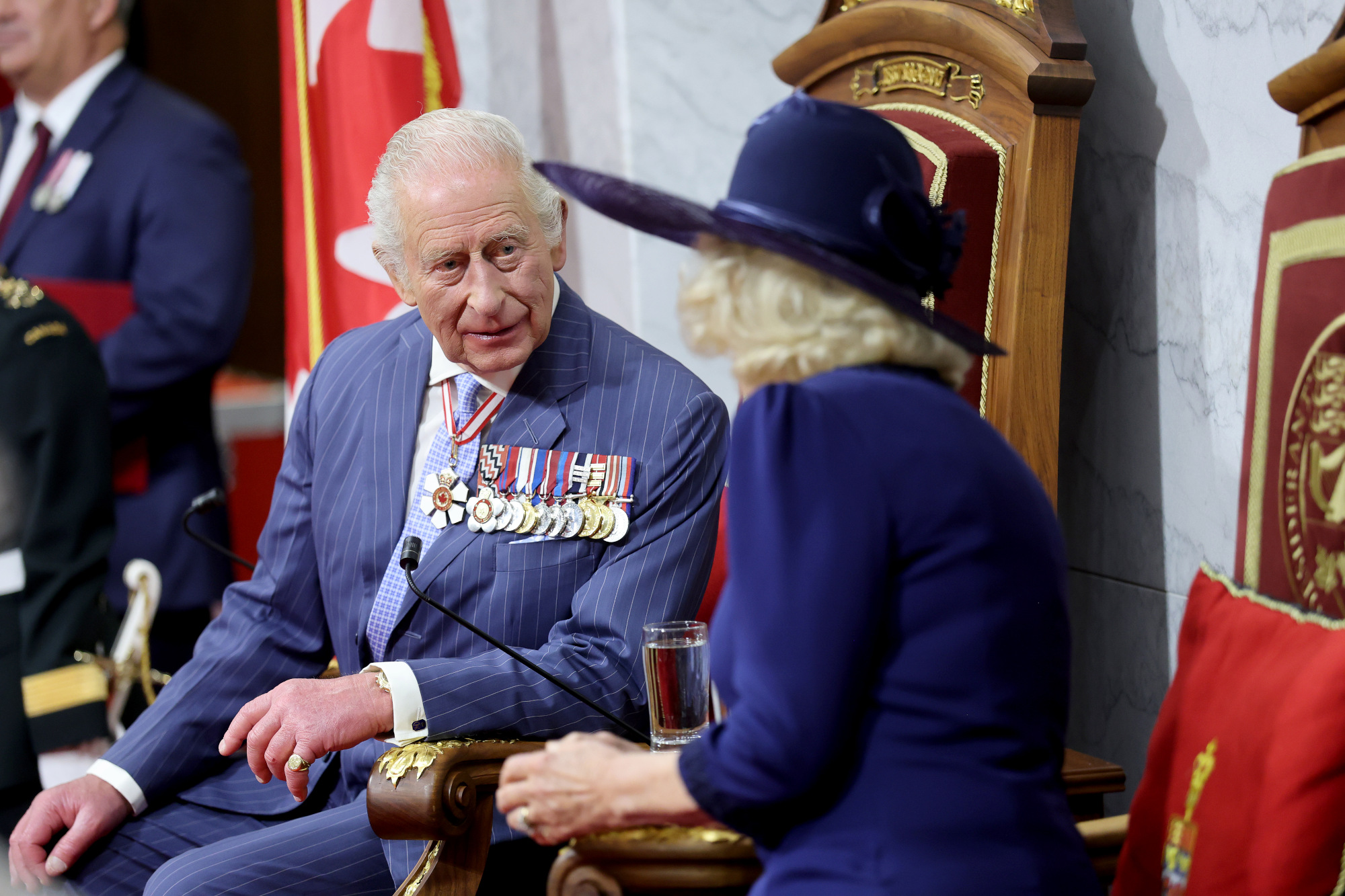There’s a way of getting children to eat something they dislike — medicine, for example — where you bury the goods in a spoonful of jam. Justin Trudeau’s Liberals are trying this method with their Online Harms Bill C-63. But it may not go down as well as they hoped.
The stated intent of the bill is something every decent person supports: protecting children from online victimization. Yet behind this noble aim lurks the thought police.
This is no exaggeration. This legislation authorizes house arrest and electronic tagging for a person considered likely to commit a future crime. It’s right there in the text: if a judge believes there are reasonable grounds to “fear” a future hate crime, the as of yet innocent party can be sentenced to house arrest, complete with electronic tagging, mandatory drug testing and communication bans. Failure to cooperate nets you an additional year in jail. If that’s not establishing a thought police, I don’t know what is.
What is a hate crime? According to the bill, it is a communication expressing “detestation or vilification.” But, clarified the government, this is not the same as “disdain or dislike,” or speech that “discredits, humiliates, hurts or offends.”
Unfortunately, the government didn’t think to include a graduated scheme setting out the relative acceptability of the words “offend,” “hurt,” “humiliate,” “discredit,” “dislike,” “disdain,” “detest” and “vilify.” Under C-63, you can be put away for life for a “crime” whose legal existence hangs on the distinction between “dislike” and “detest.”
Despite this Trudeau claims to stand against authoritarianism.
The Canadian psychologist and author Jordan Peterson says that under C-63, his criminalization would be a certainty. The legislation appears to apply retroactively, meaning you can be hauled up before the human rights tribunal for any material you’ve left online, regardless of its posting date. Anonymous accusations and secret testimony are permitted (at the tribunal’s discretion). Complaints are free to file, and an accuser, if successful, can hope to reap up to a $20,000 payout, with up to another $50,000 going to the government.
Hold on, you may be thinking, what does all this have to do with protecting children online? So far it seems more geared towards protecting the Liberal government online. There is in fact a section that requires social media companies to establish plans to protect users, including children. But if you’re getting your hopes up, prepare to have them dashed.
All the social media companies are going be supervised by a brand-new government body called the digital safety commission. The commission can, without oversight, require companies to block access to any content, conduct investigations, hold secret hearings, require the companies to hand over specific content, and give all data collected to third-party researchers accredited by the commission. All data. Any content. No oversight.
Does that sound crazy? There’s more.
The ostensible purpose of putting the commission (and not the ordinary police) in charge is so that it can act informally and quickly (i.e. without a warrant) in situations where material victimizing a child could spread quickly across the internet. What that means in effect is that the commission is not accountable and does not have to justify its actions. As the Canadian Civil Liberties Association says in its sharply worded critique of the bill, it endows government appointees with vast authority “to interpret the law, make up new rules, enforce them, and then serve as judge, jury and executioner.”
Is it possible, that in the beautiful and once civilized country of Canada, leading politicians seriously want to punish people for crimes they might (but actually haven’t) committed? Canada already has a law that criminalizes conspiracy, and another law criminalizing threats — so we’re not talking about someone who is planning murder or terrorism. Then who are we talking about? People who read the wrong websites? People who didn’t get vaccinated? People who criticize the government? People who go to church and believe certain types of immorality will send you to hell?
There’s something Trudeau and his minions don’t seem to realize. With the Online Harms Bill, as with the reckless invocation of the Emergencies Act and the debanking of protestors, they are making a mockery of the rule of law and of the public order they are sworn to uphold.
This article was originally published on The Spectator’s UK website.


























Leave a Reply